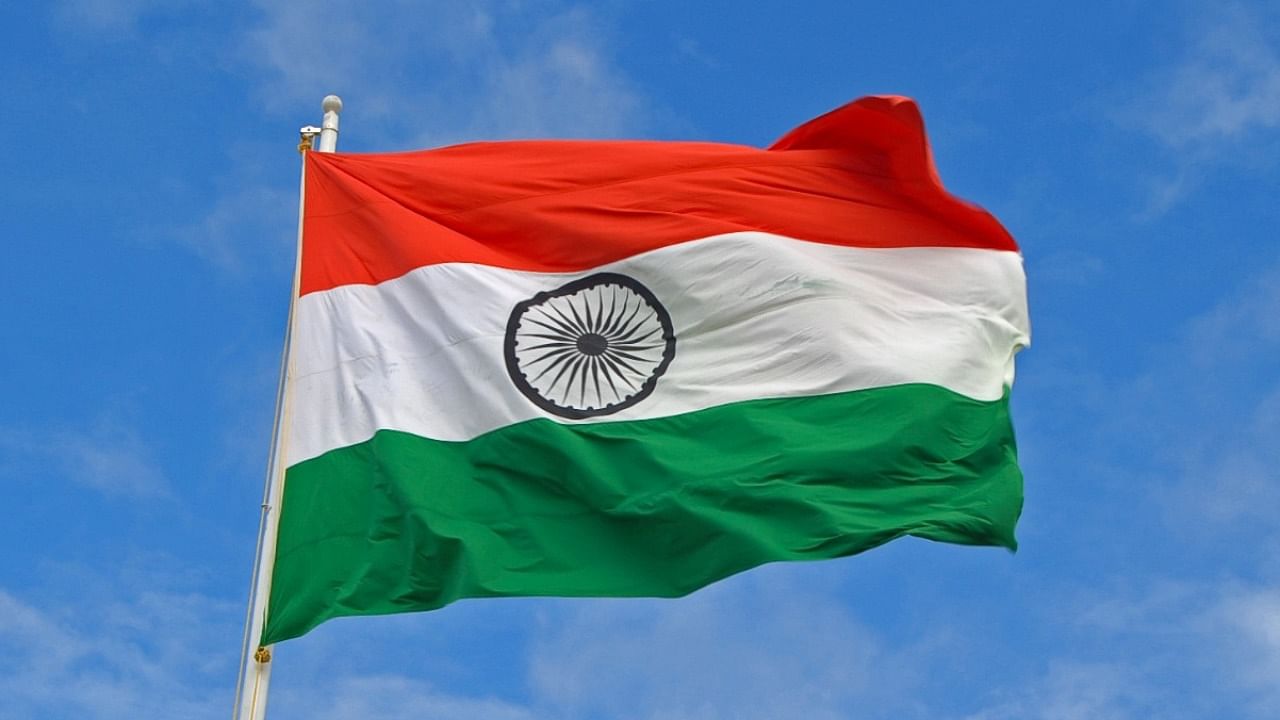
India has begun its two-year term as a non-permanent member of the United Nations Security Council (UNSC). This is an opportunity for India to project itself not only as a big power capable of taking on global challenges, but also one that is a responsible member of the international community. At the flag installation ceremony marking the start of its UNSC tenure, Ambassador T S Tirumurti, India's Permanent Representative to the UN, stressed India’s “strong commitment to reformed multilateralism, rule of law, a fair and equitable international system and to peace, security and development.” He said that India would be looking for “human-centric and inclusive” solutions to problems the world faces. His words are heartening as it signals India’s commitment to reinvigorating several founding principles of the global body that its members, especially the permanent members of the UNSC, seem to have abandoned.
India has entered the UNSC at a critical juncture in international politics. Working to promote multilateral solutions to global problems will not be easy at a time when narrow nationalism is sweeping across the world. There are other problems, too. Relations between the US and Russia and the US and China are increasingly acrimonious. Adding to this is China’s belligerence, expansionist ambitions and mounting contempt for the rule of law. Thanks to the unilateral actions and interventions of the big powers over the decades, the UN has been reduced to a mute spectator in most crisis situations. India can work towards changing this by taking the initiative to build consensus to prevent paralysis of the world body.
India has said that it will not shy away from speaking up against terrorism. Its concerns on the issue are understandable. However, India must avoid slipping into preoccupation with Pakistan and terrorism. To use the high table of the UNSC for its woes with a trouble-making smaller neighbour does not behove a rising power with global ambitions. Instead, it would do well to use the two-year stint at the UNSC to shape a multipolar world order, to press for a democratic and inclusive UN, and a just world. It should provide leadership in tackling climate change, migrant movement and human trafficking, issues that the world’s other big powers have given limited attention. As a non-permanent member, India will not hold veto powers. Yet, the two-year stint in the UNSC is a big opportunity for India to show the international community that it deserves permanent membership in the UNSC, not just because it represents a sixth of humanity but because it is capable of providing the world with meaningful and humane leadership.